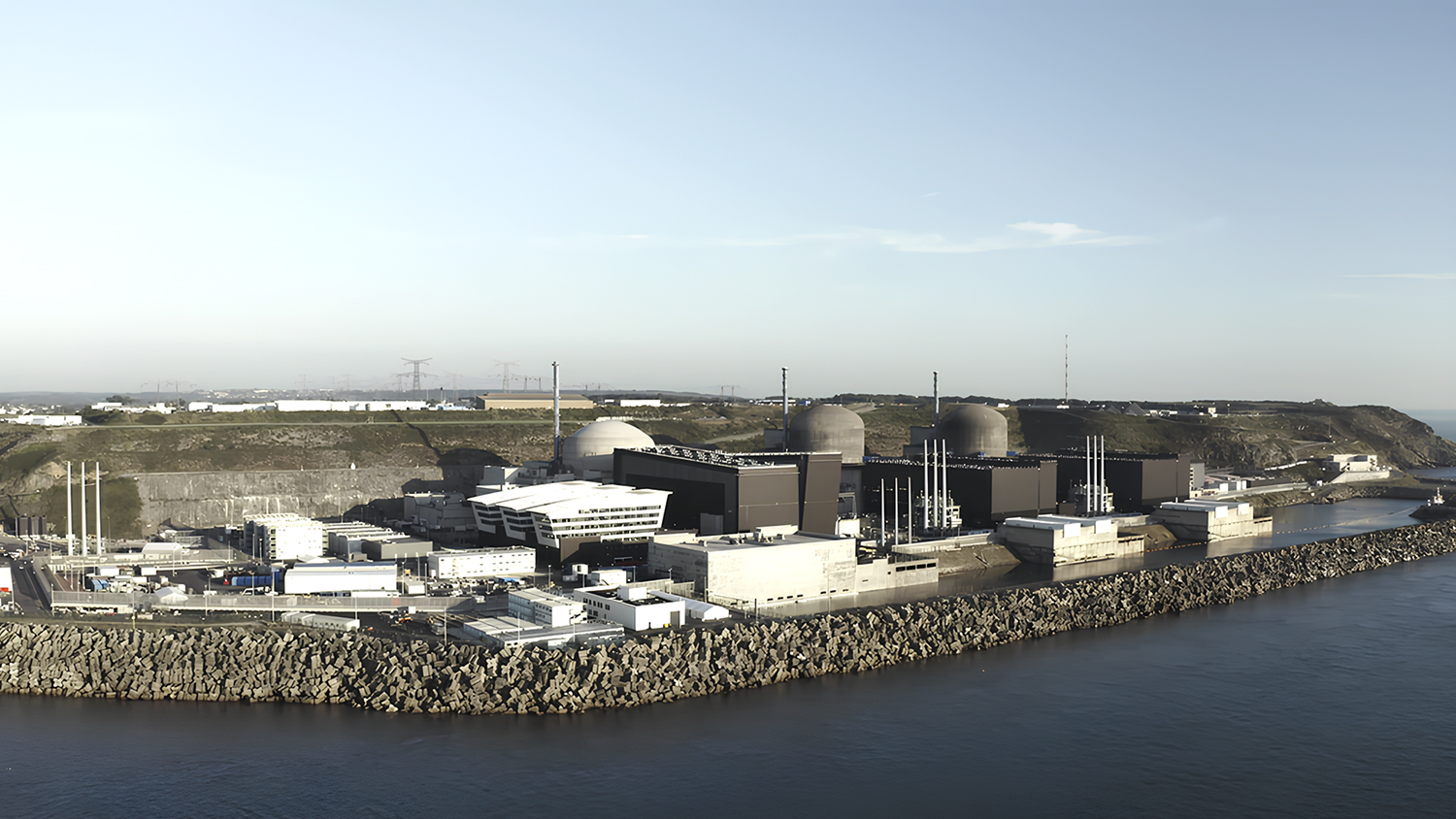
France’s plan to secure the future of its energy sector by building six nuclear reactors beginning in 2027 have been thrown into doubt by a report from the Cour des Comptes, the country’s top auditor and an administrative court.
On Tuesday, it said that although EDF had made advances in its ability to build its simplified EPR2 design, and a number of institutional reforms had been made, the industry was likely to face problems in putting the plan into effect.
French President Emmanuel Macron announced a plan to build three pairs of reactors in 2022. He said another four pairs might follow.
The cost for the first phase was estimated at €52bn, revised up to €67bn in 2023 as inflation driven by higher energy prices gripped Western economies.
Reuters notes that EDF planned to update that estimate by the end of last year, but had not done so publicly.
Some progress
The court produced a report into the EPR in 2020. This highlighted the multiple failures that pushed projects such as Flamanville off course (see further reading).
Since then, some progress has been made in reforming France’s nuclear sector.
EDF has been nationalised and the oversight of the sector has been strengthened by the creation of an inter-ministerial body to manage the construction of reactors.
The internal reorganisation of EDF and its Framatome and Arabelle Solutions subsidiaries was completed in April 2024. A university of nuclear professions has been created, which will support the creation of up to 100,000 jobs by 2033.
Nevertheless, the court says the problems encountered by Flamanville 3 and Finland’s Olkiluoto programme have “damaged the credibility of the EPR 2 programme”.
In addition, the Hinkley Point EPR2 project in the UK is facing a sharp increase in costs accompanied by a further two-year delay, although this was caused in part by the UK government’s decision to evict China General Nuclear Power from the project.
The court commented that the EPR2 programme had been marked by design delays, the lack of a final estimates or a financing plan.
Debt burdens
Meanwhile, both EDF and the French state were heavily indebted. This would, the court added, endanger EDF’s ability to put a supply chain in place.
It said: “Since the financing conditions for this programme have still not been finalised, the profitability of the EPR2 remains unknown to this day. These delays and uncertainties, which also concern the number of power plants to be built, imperfectly meet the expectations of the industry players and reduce the visibility they need to engage in industrial projects of this magnitude.
“Although evolving, EDF’s contractual strategy does not yet guarantee the accountability of the industry’s service providers, who consider it still too unbalanced and have significant reservations given the maturity of the EPR2 programme.”
The court concluded that the history of rising construction costs, delays and uncertainties require responses from EDF and the government if the ambitious plan was to succeed.
France gets about 70% of its power from nuclear plants, but many of its ageing reactors are about to reach their decommissioning date.
French officials are working on plans to provide an interest-free loan to EDF to finance a significant portion of the construction, but the plan has not yet been finalised.
According to Reuters, EDF plans to take a final investment decision on the programme early next year. The first reactor is expected to go online before 2036.
- Subscribe here to get stories about construction around the world in your inbox three times a week
Further reading:
- EDF’s Flamanville plant hit by “significant” problems with reactor welds
- France contemplates interest-free loan to get six-reactor plan moving
- Macron ‘considering the nationalisation of EDF’s nuclear division’
- No economic case for new nuclear reactors, concludes French environment agency
- France to begin work on new nuclear fleet before 2027










